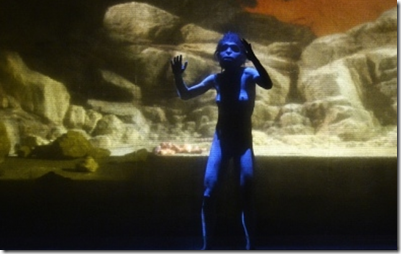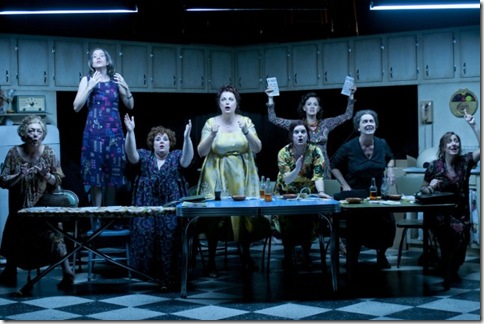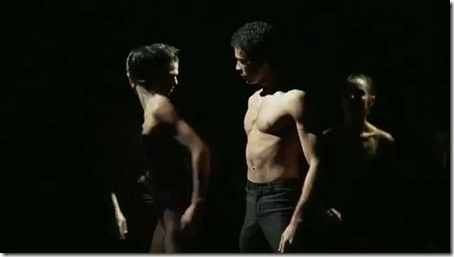Ottawa Fringe Theatre 2016: “2 For Tea” and the idea of being British!!
2 for Tea staged by British to British with James and Jamesy, from Sussex UK.
A new style of fringe performance where the 2 actors capture all the iconic moments,the popular images, and the historical references that make “Britishness”. It’s nothing more than that! But because these elements are so popular, people catch them all immediately and they roar with laughter.
What is this “Britishness” then? It’s a cup of tea slithering out from the wings on the end of a gloved hand suggesting British Music Hall theatre, it’s a full tea pot pouring out tea for that proverbial “Brew” on Coronation street. It’s even oblique references to the “tea party” in Alice in Wonderland; it’s placing the cups in exactly the perfect position on the table because it’s all about style, and good manners that become ridiculously overblown but not so for this very British show.
It’s also about pop culture icons like Mick Jagger _with the swivelling hips and the skinny legs – ; it’s about the civilised and extremely polite Englishman with the bowler hat who epitomizes a mass of British images including financiers on Fleet street and the clowns in Beckett’s theatre; it’s about being caught in the bombing of London during the World War II, it’s about the sense of family with the elderly parents who are awaiting the end and the final voyage that brings them up to their ultimate resting place with smiling faces, the stiff upper lip and all that.


